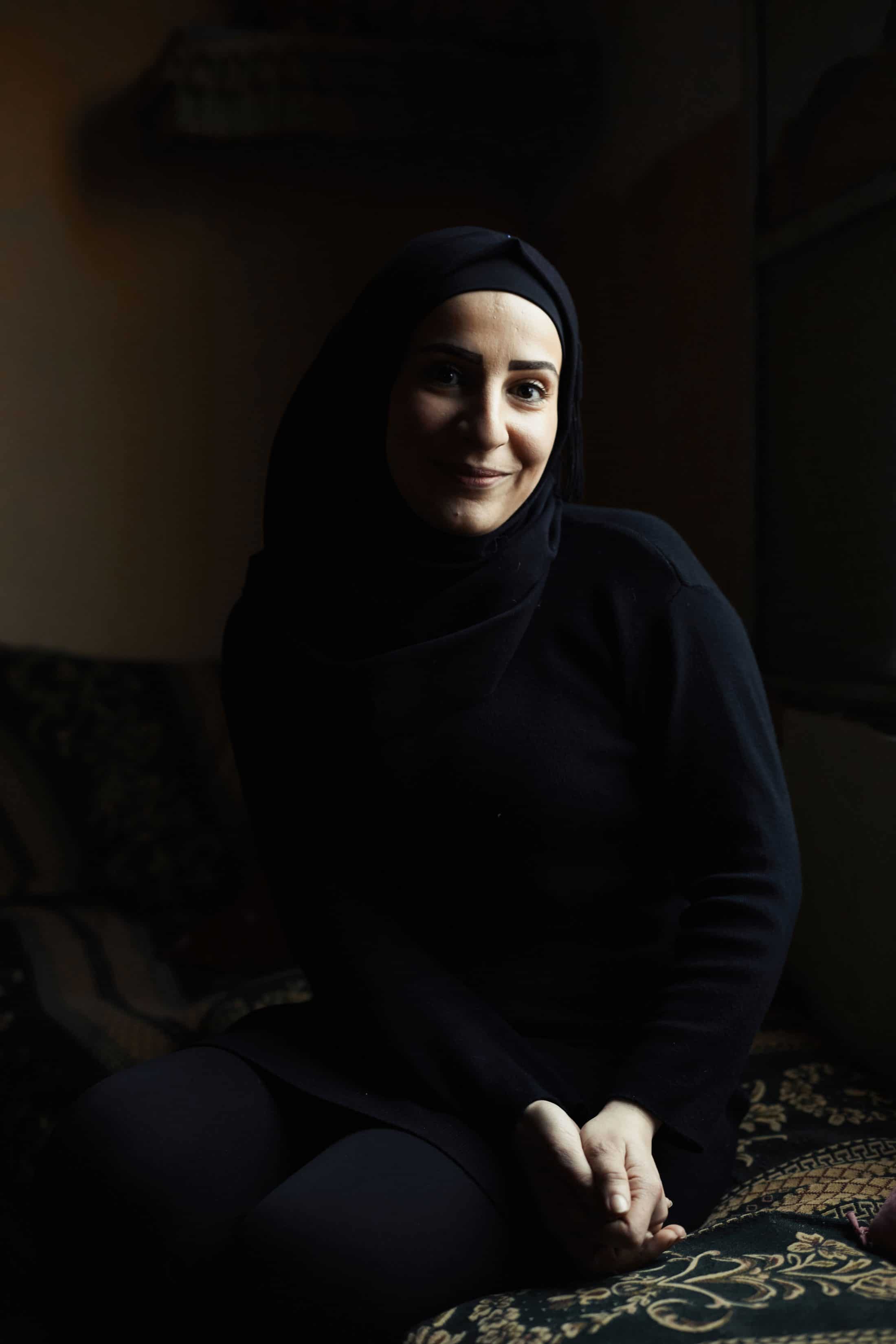
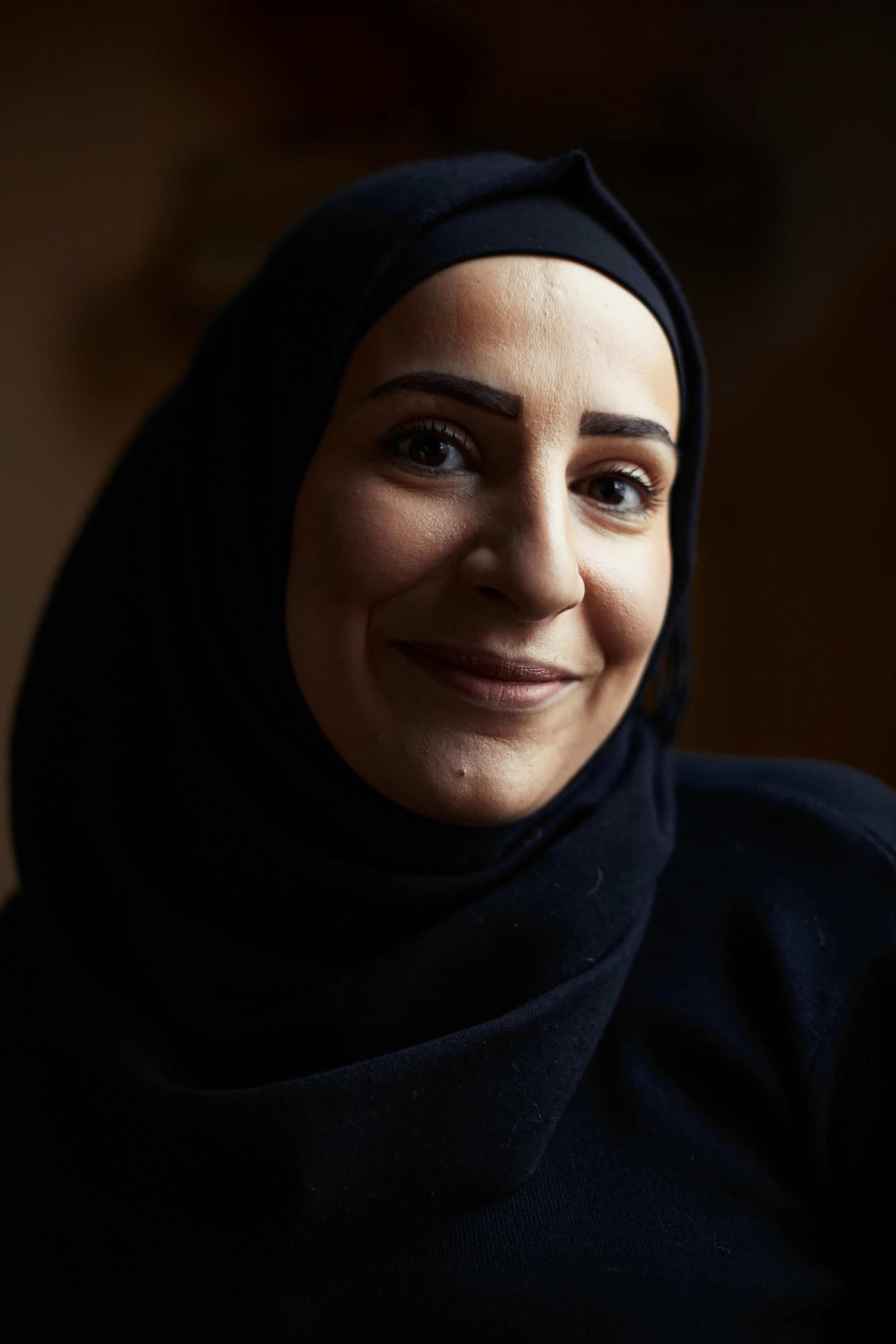

‘I’m a daddy’s girl. My fondest memories are of when I was little and we would play together. Which was always. I meant the world to him and he to me. I remember when I was twelve years old and it was the end of Ramadan. We all got to buy clothes. All except me: no outfit was good enough for me in the eyes of my father. Then came the final day before the Sugar Festival. My father said he was going out to buy some sweets, but he came back with a beautiful, purple shirt for me. I cried and it still makes me happy when I think of that moment.
That bond has remained strong, and my parents have always treated me as their baby girl. They chose a husband for me. I got engaged to him when I was eighteen years old, having never met him. I was happy. I wanted to have my own house, to be independent. My parents decided that I would get married to him after two years and that’s what we did. I wore a white dress and I have never been more nervous in my life than when I arrived at my own wedding. Then I met my husband and my nerves disappeared. Maybe because I had no clue what I was getting into… I was still just that daughter who was ever so glad with what her parents had arranged for her. But unlike that purple t-shirt that I knew to wear to the Sugar Festival, this time I hadn’t the faintest idea what to do with my presents.
My husband and I were truly happy the first year of our marriage. The trouble only started after that year. Small things at first: my parents-in-law telling us to start having children. Two years passed and I still wasn’t pregnant. That made me depressed. And my parents-in-law continued to pressure me. Only after medical examinations proved that the problem wasn’t with me but with their son, did they finally give me rest. The good news was also that his problem could be solved. When I discovered I was pregnant, it felt really special. We had two more children, and they are my pride and joy.
Then of course there’s the war. You need to understand that things were going well for us, before the war started. We could spoil our kids. We lived in a nice, spacious house. My husband had a good job. And you know what war does to all of that? First you leave your house temporarily, to hide from the bombings. Next you loose your sense of safety when you come back home. When will the next bombing come? The boy who lived next door from us was killed by a bomb right in front of me. That devastated me. I became anxious and depressed. Then the local economy collapses when a neighbourhood is targeted for too long, because businesses can’t operate under these circumstances. My husband lost his job that way as well. My point is: our life was full of promise, but the war destroyed every chance we had of building a meaningful existence. And that was our second blow.
We thought that fleeing to Lebanon would solve our problems. My husband went first. He found a job and a house, and three months later we joined him. We’re gonna be okay, I thought. But while our problems in Syria had been external, in Lebanon they started to come from inside ourselves. My husband became very tense. At first he wanted to have the children around him less. That wasn’t so bad. But then he lost his job in Lebanon as well. Now he spends the whole day at home, but he can’t stomach being around the kids. If they’re playing or making any kind of noise, it stresses him out. They’ll want to give him a kiss – something I’ve taught them always to do, the way I was taught myself at home – and he will push them away. I keep asking him: why don’t you want the children around you? And that’s just one of the things we argue about. We argue over the way his parents treat me. About who cares for the kids. He’s not working, so I’m the one who’s bringing in the money. But I don’t feel like he supports me in any way whatsoever. It’s gotten to the point that we fight in front of the children. Which makes them cry. They ask why their father treats me badly. At one point I even left him. I started asking myself if we never should have gotten married. Would we have been better off without kids? But I’ve gone back. It’s better for the children.
My parents gave me everything I wanted. I hope I can treat my kids the same way. To give them everything they want. That gives me strength – to understand and sense what my children need. I hope we can return to Syria one day, so my children can have the best possible education. I want to raise them the way my parents raised me: full of self-confidence and radiating strength no matter what their circumstances – even when they’re feeling weak inside.
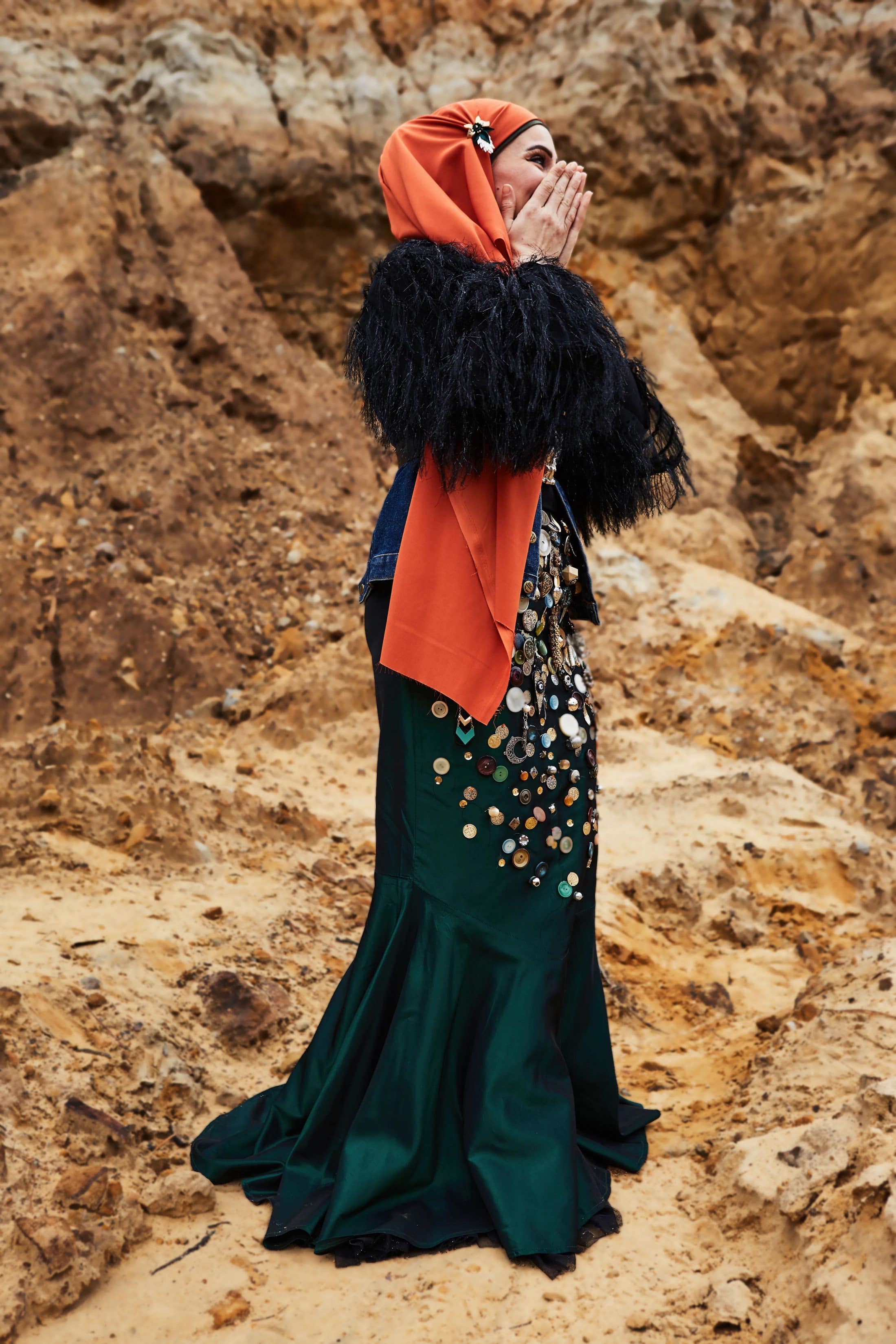
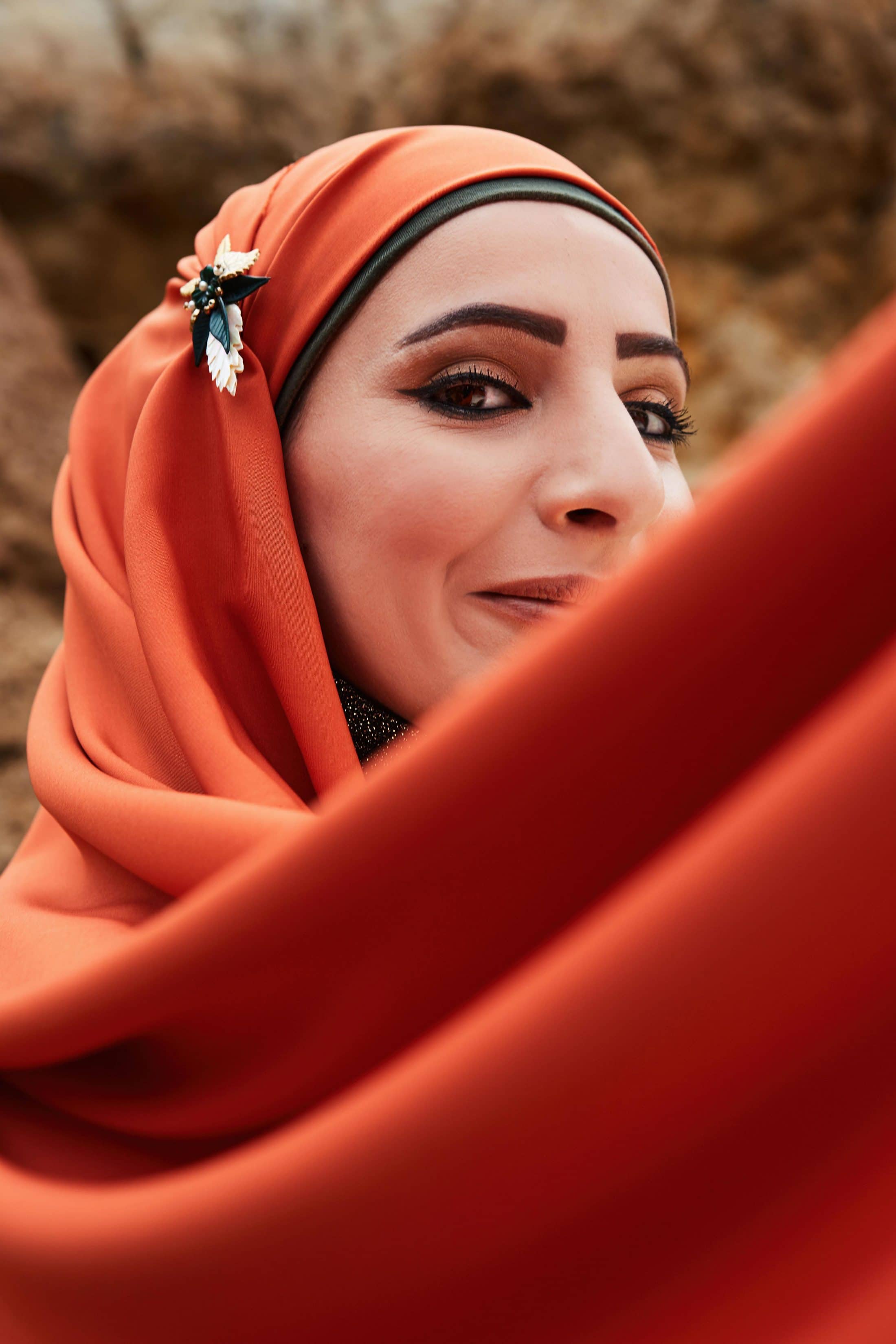
Volg Portraits of Power
Neem een kijkje achter de schermen!
Oops! We could not locate your form.
'I want to raise them the way my parents raised me: full of self-confidence and radiating strength no matter what their circumstances – even when they’re feeling weak inside.'
Marwa (27 years old, fled from Syria) about her children
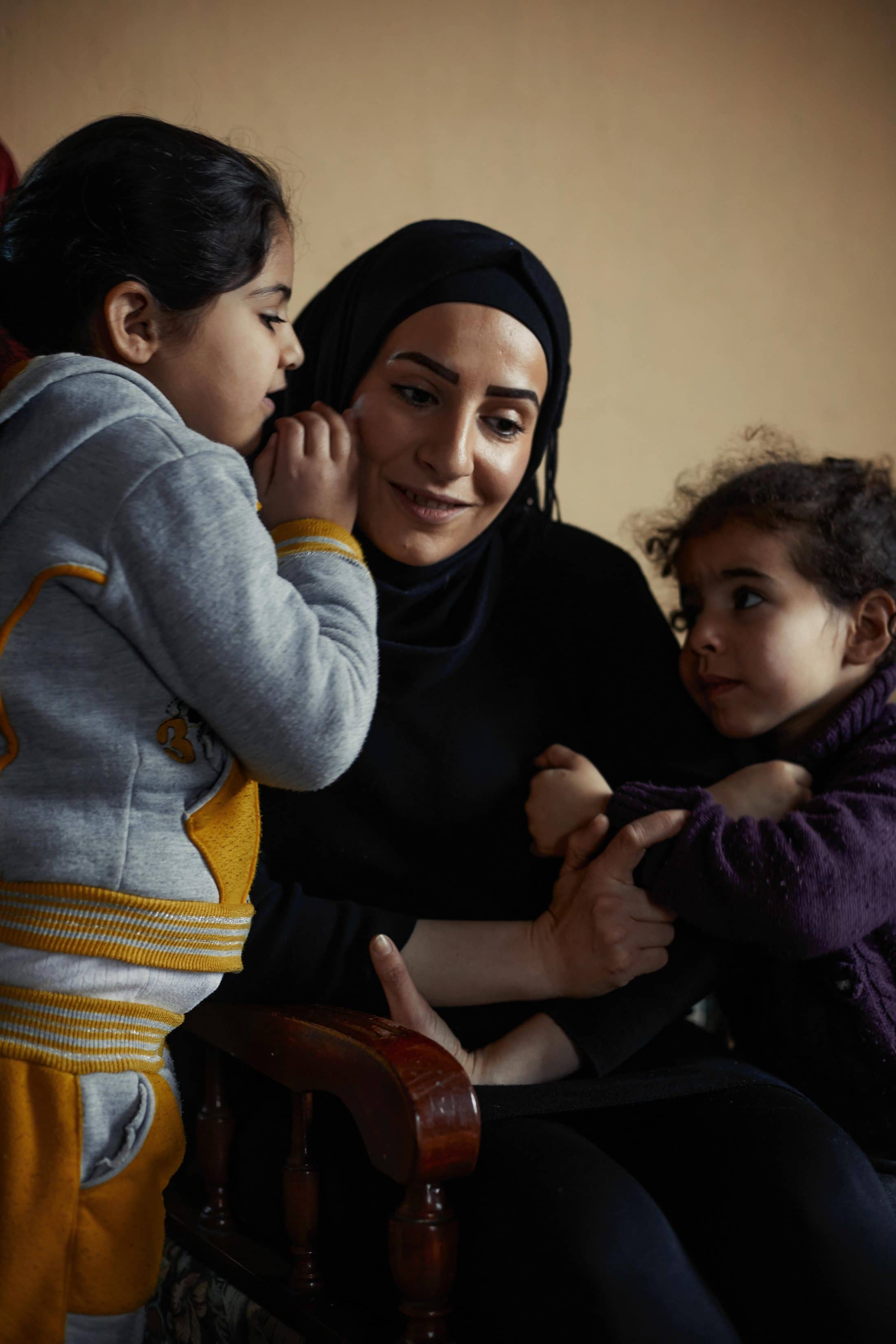
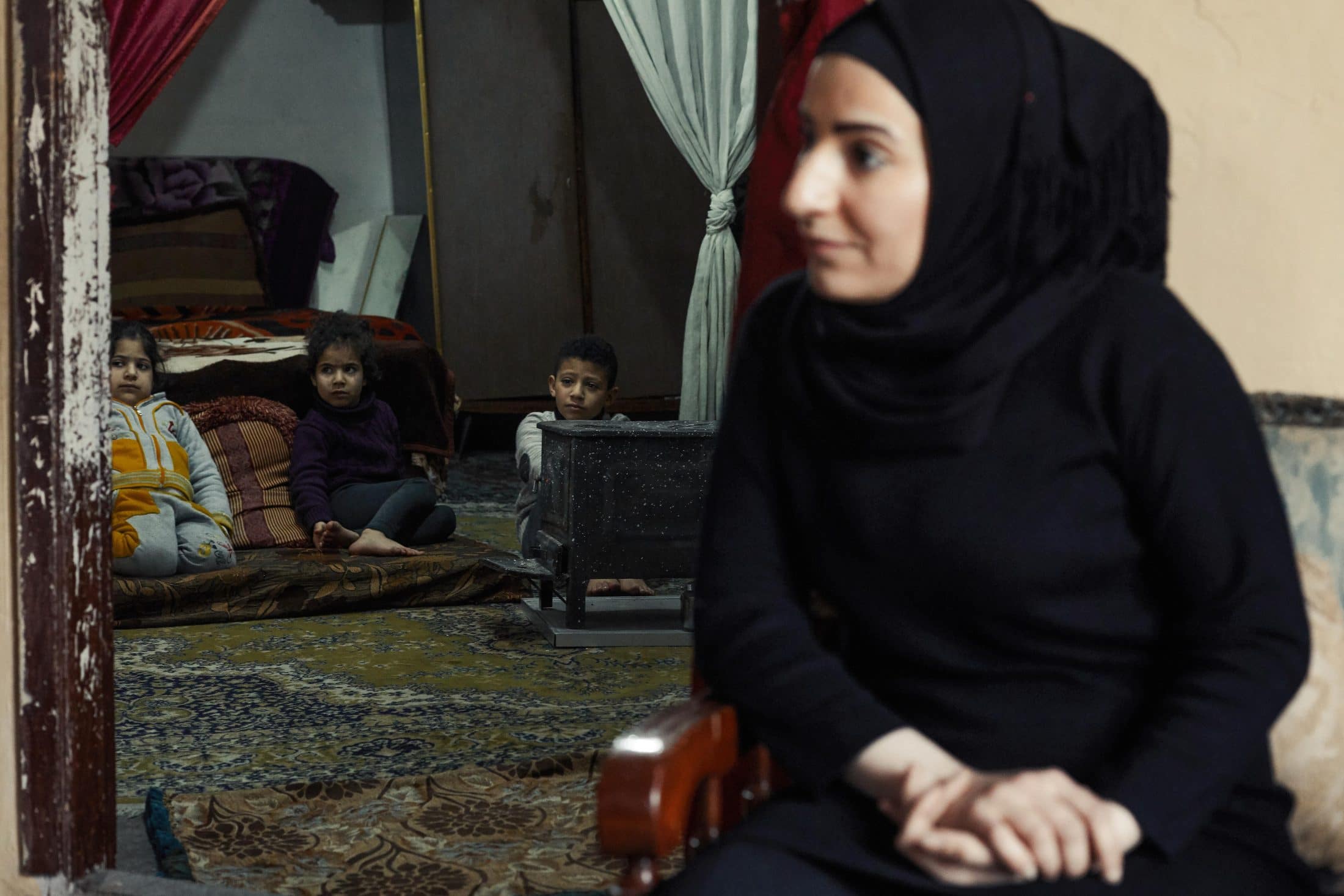
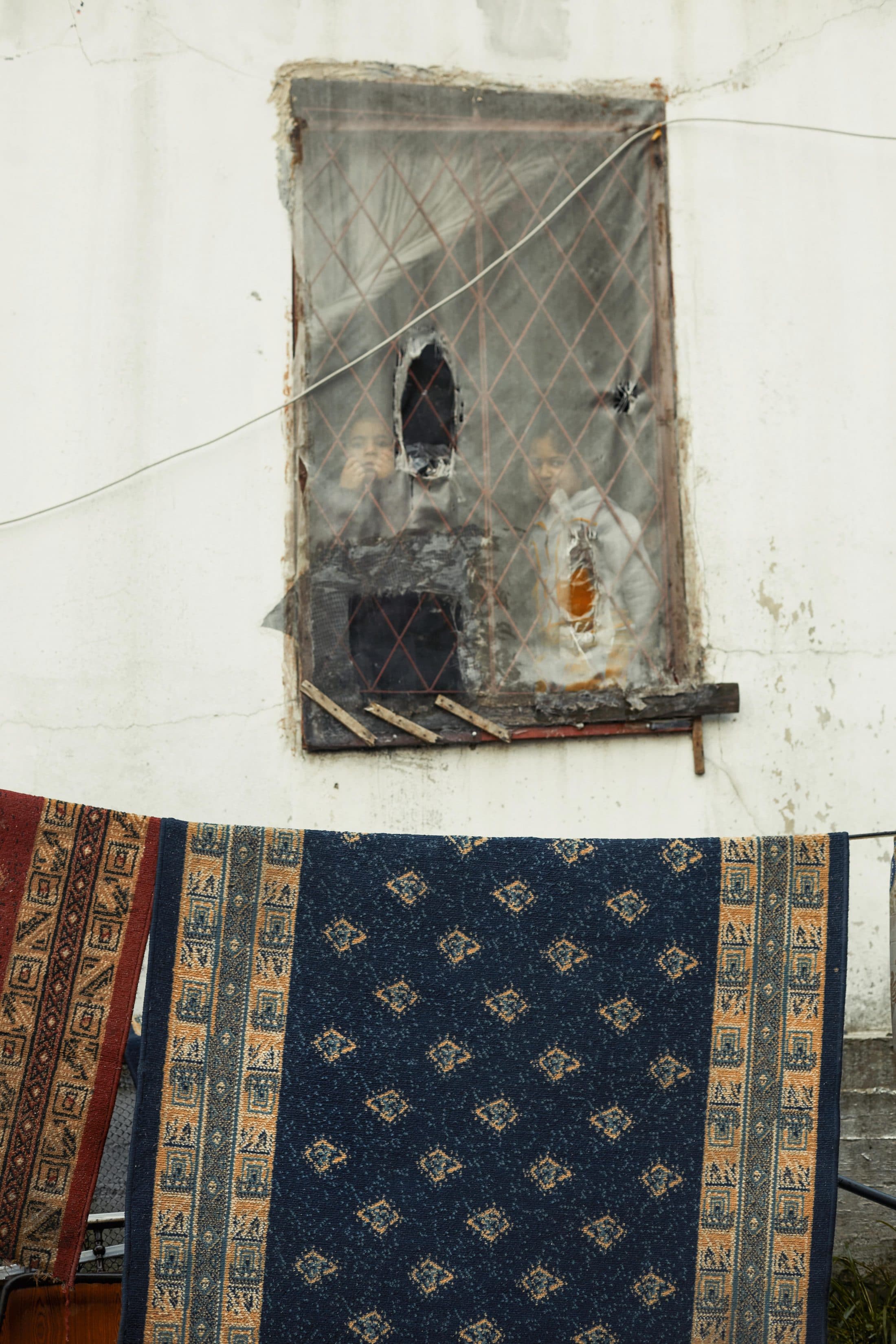
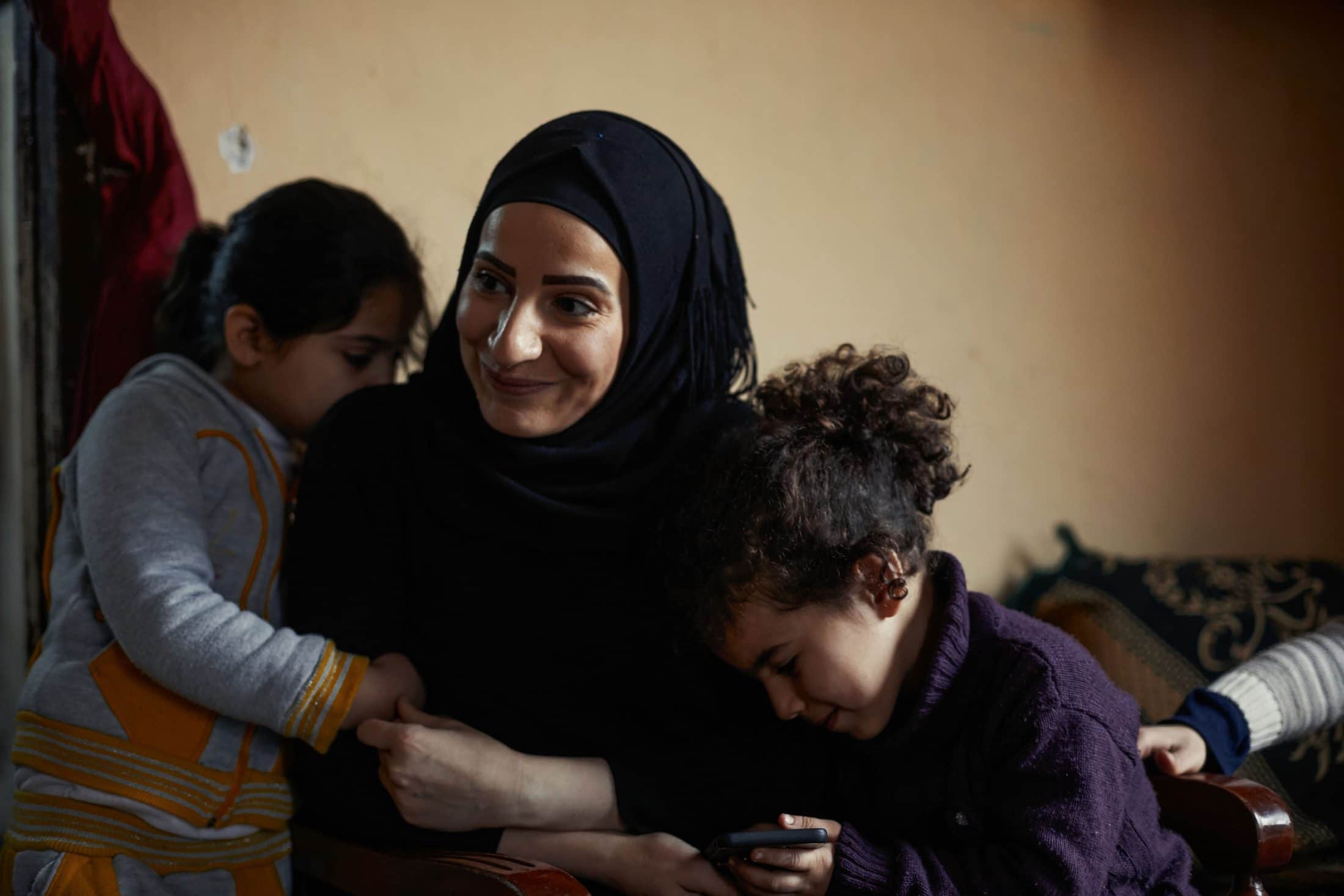
Share this portrait

Portraits of Power - Powered by Dorcas
